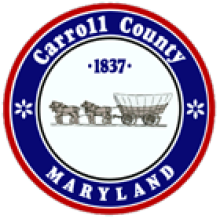As I was catching up on some of the good broadband stimulus awards, I came across this Sun Patriot newspaper article about Carver County's award. Carver County, perhaps having learned from its neighbor Scott County (which built a great FTTH network quite economically), will soon operate a broadband network far superior to the expensive leased T1 lines it currently uses. Carver County will receive almost $6 million from the award,
The county has agreed to provide $1.5 million, the required 20 percent match of the total project budget of $7.5 million. The county will use $400,000 in cash funds allocated from its Information Technology operating capital budget for the project. The remaining $1.1 million will come from a bond sale. The county’s recent upgrade to AAA bond rating means it will obtain the lowest possible interest rate on the 15-year bonds, according to a Carver County news release.
The Carver County Open Fiber Initiative (CCOFI) network will connect 86 anchor institutions (including 28 schools) in 55 locations and will not provide services directly to residential or business customers. Instead, the network will offer wholesale access to private providers, in hopes that they will improve broadband access in most areas of the county. The County will own the network; Jaguar Communications has partnered with the county to build and maintain the backbone. This network will allow the County to stop grossly overpaying some $230,000 a year for T1 lines delivering too little capacity for their needs. Over time, ownership of the network will allow them to pay less over time (with technological innovation lowering prices) for broadband rather than paying more over time as occurs with those relying on leased T1s. We continue to question any community that relies on leased copper rather the building their own fiber networks for essential muni functions.



